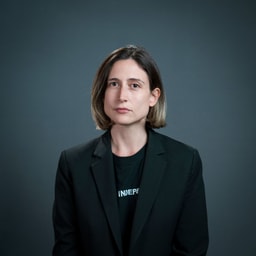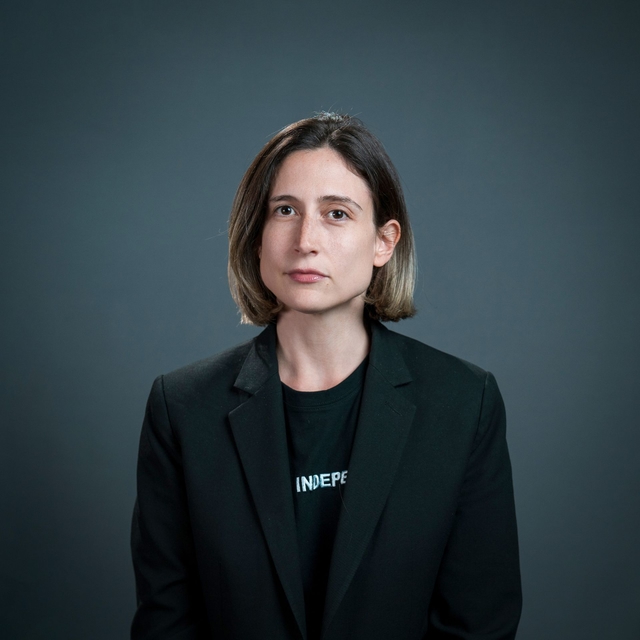Polish government passes resolution commemorating victims of Volyn Massacre on 80th anniversary
The Polish government on July 11 unanimously adopted a resolution commemorating the victims of the Volyn (Volhynia) Massacre on its 80th anniversary, stating that Polish-Ukrainian reconciliation must include the "acknowledgment of guilt and commemoration of the victims."
In the spring and summer of 1943, members of the Ukrainian Insurgent Army (UPA), the military branch of the Organization of Ukrainian Nationalists (OUN), massacred thousands of Poles in Nazi-occupied Volhynia in Poland, a region that is now a part of western Ukraine.
Since 2016, July 11, referred to as "Bloody Sunday" in the resolution, has been recognized in Poland as the National Day of Remembrance of the Victims of Genocide. Ukraine denies the term genocide to describe the massacre.
In the resolution, Polish lawmakers state that "Polish-Ukrainian reconciliation, which has been built over the years by representatives of both nations, should also include the recognition of guilt and commemoration of the victims of the Second World War."
Ukrainian historian Serhii Plokhy, director of the Ukrainian Research Institute at Harvard University, estimates that the number of Polish victims of the massacre varies from 60,000 to 90,000, while estimates of Ukrainians killed in retaliation stands somewhere between 15,000 to 30,000.
In addition to commemorating the victims of the massacre, the resolution also calls for recognizing "the representatives of the Ukrainian nation who risked their lives to resist the crime committed by their compatriots."
"It is necessary to exhume, give a decent burial and honor the memory of all victims of the genocide in the eastern borderlands," the resolution also says.
On July 9, President Volodymyr Zelensky and his Polish counterpart Andrzej Duda commemorated the victims of the massacre during a surprise visit to Lutsk, a regional capital in northwestern Ukraine.













